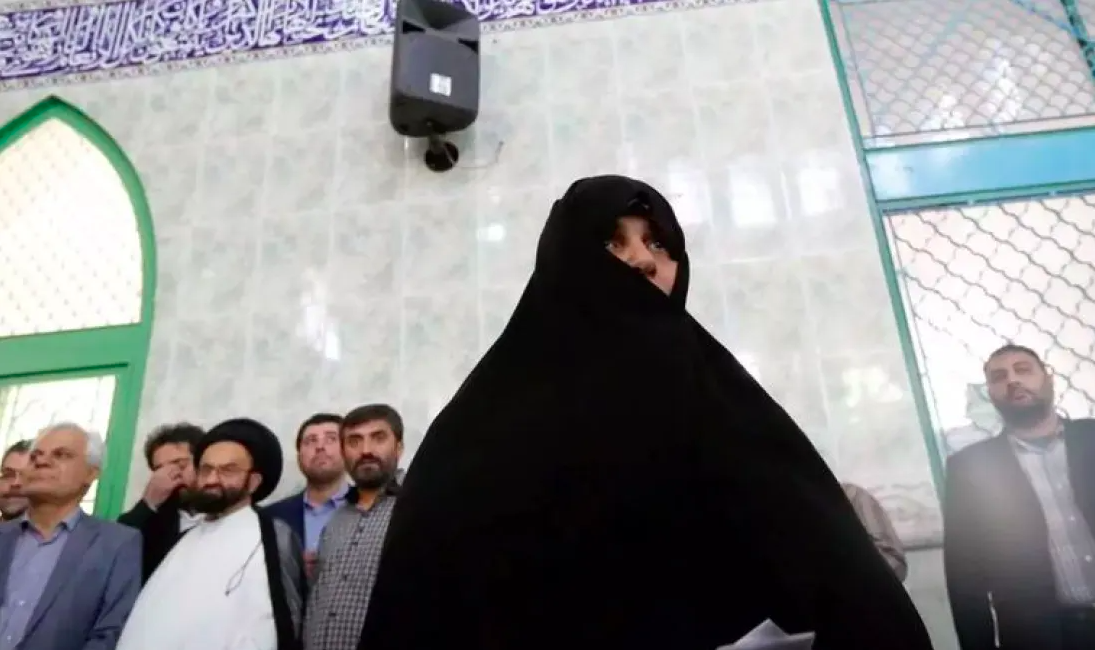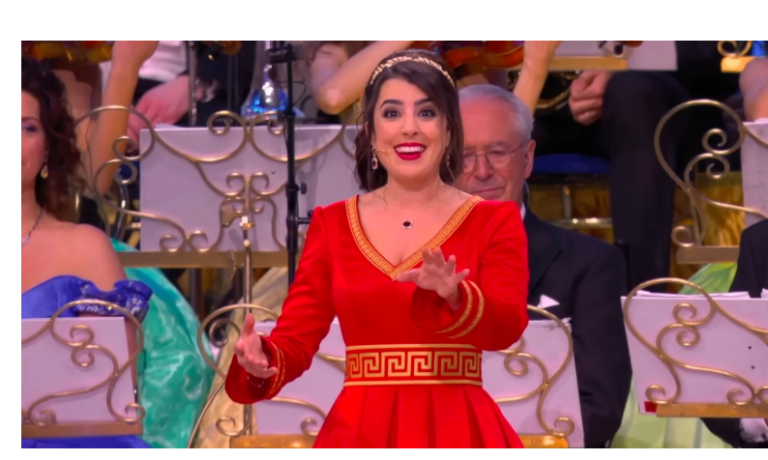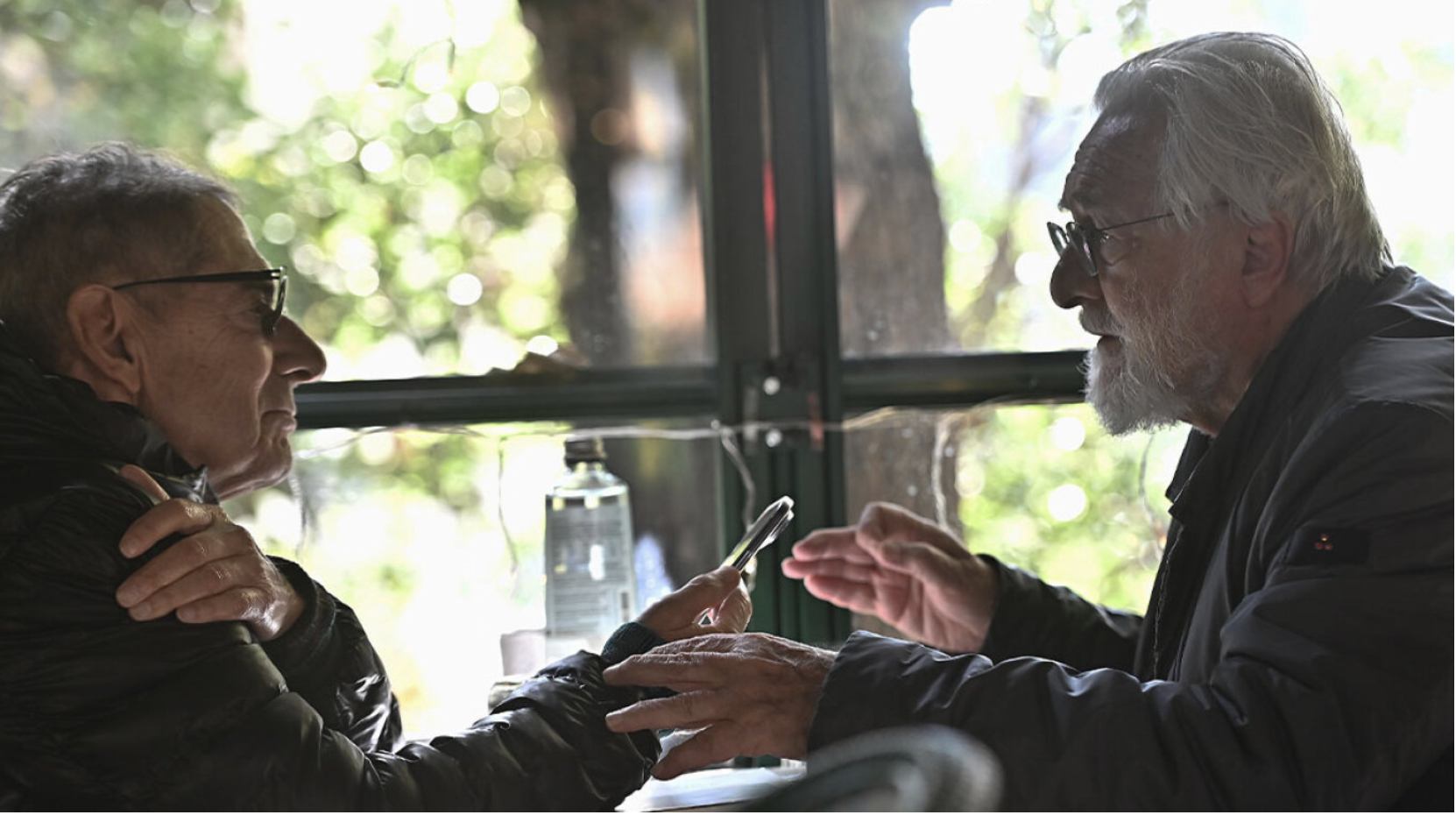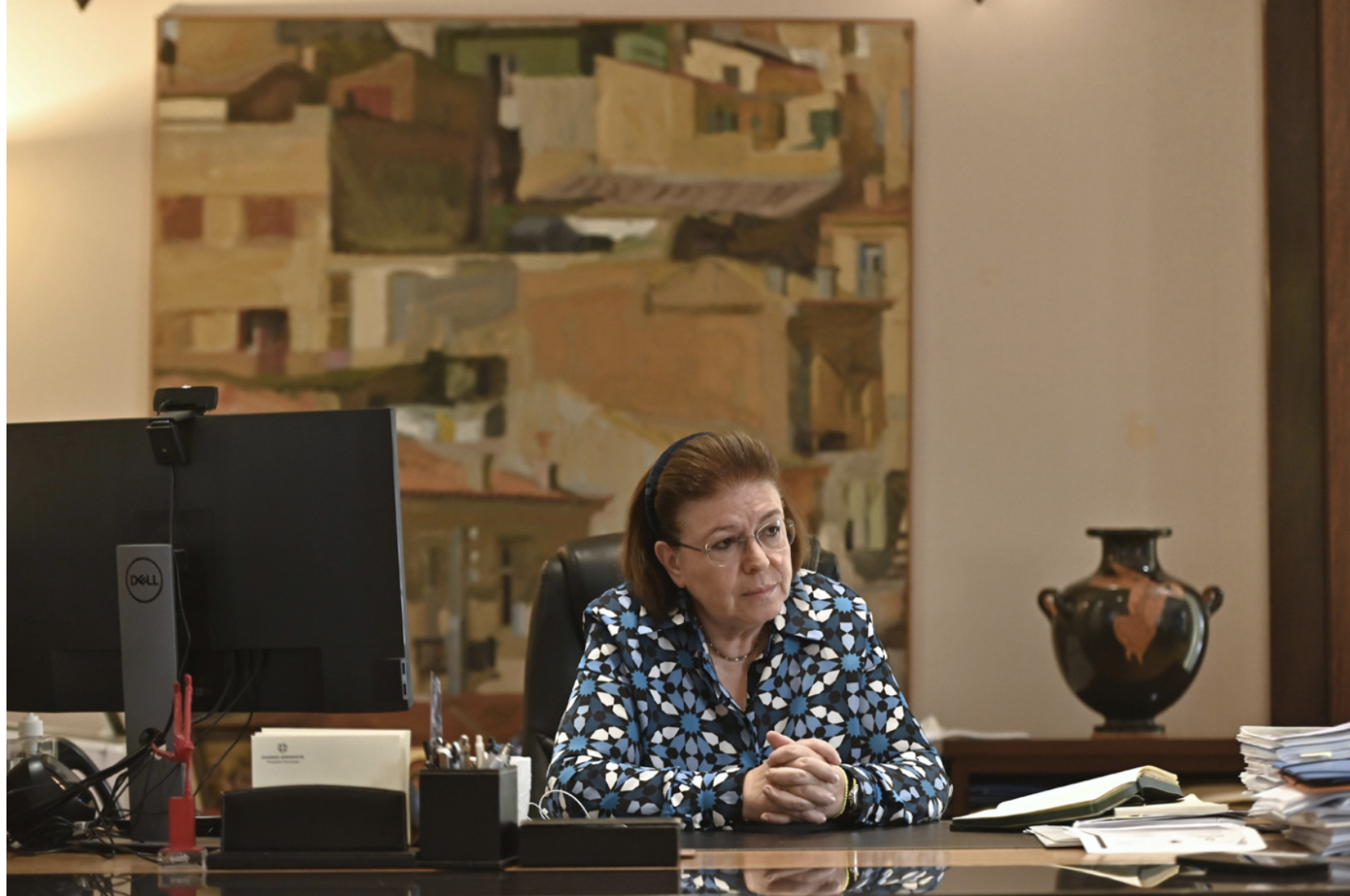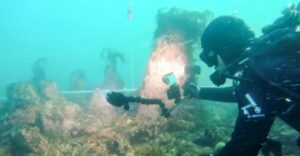Iranians will head to the polls the day after tomorrow, Friday, to elect a new president from a field of six candidates, including a relatively unknown reformist aiming to challenge conservative dominance.
Originally scheduled for 2025, these presidential elections were expedited following the tragic death of President Ibrahim Raisi in a helicopter crash on May 19. They occur amidst a delicate period for the Islamic Republic, grappling with internal tensions and geopolitical risks from Gaza to the nuclear issue, just months before the U.S. presidential election, its longstanding adversary.
While the campaign began quietly, this election year is notably contentious due to the presence of reformist Masoud Pezeskian, emerging as one of the top contenders alongside conservative parliament speaker Mohammad-Bagher Ghalibaf and ultra-conservative Saeed Jalili, former negotiator on Iran’s nuclear program.
The competition may necessitate a second round, a rare occurrence in Iran’s 45-year history except for the 2005 election. For Masoud Pezeskian to prevail, a robust voter turnout is crucial, unlike the 2021 elections which saw a record 51% abstention due to the absence of reformist candidates.
Supreme Leader Ayatollah Ali Khamenei urged Iranians on Tuesday to vote in large numbers for a “high turnout,” although some citizens like Neda expressed skepticism: “There’s no point in me voting because whoever wins won’t change anything for the people.” In contrast, Zaleh, a 60-year-old housewife, views voting as a duty amidst pressing issues like unemployment and poverty.
According to Ali Baez of the International Crisis Group, the next president faces the challenge of bridging the growing gap between the state and society, yet none of the candidates have proposed concrete solutions so far.
Masoud Pezeskian, a 69-year-old reformist, remains optimistic about addressing Iran’s issues despite critics questioning his limited governmental experience. In contrast, Mohammad-Bagher Ghalibaf, a 62-year-old veteran of politics, is favored by voters like Alireza Valandhani for his administrative expertise and military background with the Revolutionary Guards.
Meanwhile, 58-year-old Saeed Jalili, a war veteran, attracts staunch supporters advocating for Tehran’s tough stance against the West. Pezeskian advocates for warming relations with the U.S. and Europe to ease crippling sanctions, supported by former foreign minister Javad Zarif.
The next president will be a civilian, departing from the previous clerical leadership, and will not be seen as a potential successor to Ayatollah Khamenei, aged 85.
Ask me anything
Explore related questions
